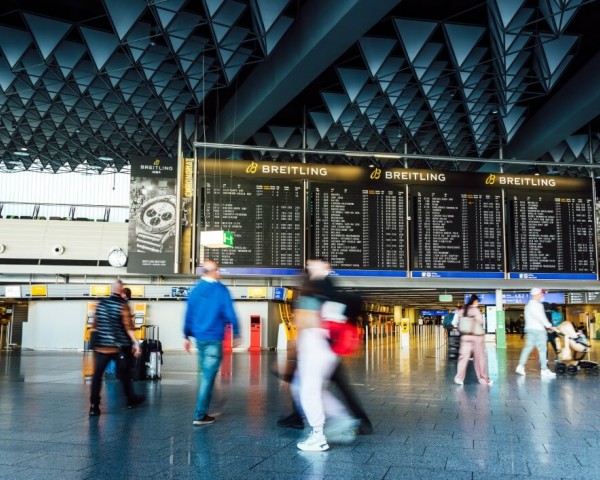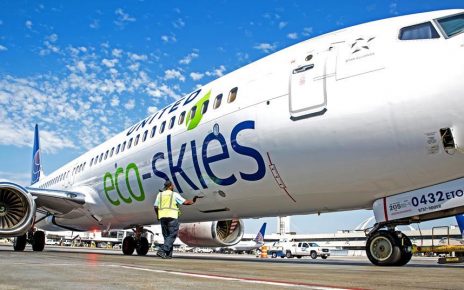The Covid-19 pandemic is having a striking effect on the world as we know it, and the tourism industry is among the sectors affected the most by the crisis. This is the case of all factors within the industry, from travel frequency to the travel behavior of tourists. The travel habits of German citizens was to topic of a recent study by ADAC (Allgemeiner Deutscher Automobil-Club e.V.).
ADAC is Europe’s largest motoring association. In their study they focused on German tourists and the change of their travel behavior throughout the pandemic. Around 5,000 people participated in the study and were asked about the effects of the Covid-19 pandemic on their preferences.
Travel Reluctance
There is still a general reluctance to travel and book vacations. The reluctance to book can be seen in the time of booking. Almost half of the respondents want to book at short notice or not at all in advance. Nevertheless, a third of Germans want to spend more money on vacation this year than in 2020.
It is still questionable, however, if pre-corona levels in the tourism industry will be reached in the near future. Around one in five respondents over 40 years do not expect to be able to travel again in the current year.
Germany as a Popular Destination
Another interesting conclusion from the study is that almost two thirds of Germans want to go on holiday in their own country this year. A little less than half want to go to other European countries and only 16 % are attracted to destinations outside Europe.
Germany is likely to become even more popular in the medium term. As the survey shows, Germany is clearly ahead of the other European and above all non-European countries as a travel destination in the medium term.
Camping and Rented Holiday Apartments Rising in Popularity
After 42 % of those surveyed had to cancel or rebook their main vacation in the previous year due to the pandemic, individual types of vacation such as camping or rented holiday apartments are now more popular than before. Other forms of vacation such as guesthouses or smaller hotels are therefore likely to be given greater preference in the future.
“The study on German travel behavior clearly shows one thing: people want to travel again as they used to, but they want to remain flexible and make greater use of smaller units such as holiday apartments. This individualization also offers opportunities for smaller businesses and the development of new holiday destinations,” said ADAC board member Dieter Nirschl.

Travelling by Car
Another aspect in which Germans’ travel behavior changed is in terms of booking flexibility. Generally said, the demands on cancellation conditions are increasing.
Travelling by car is also likely to play a significantly larger role in the future than in the pre-corona years. 44 % of those surveyed said that they had taken a car on vacation in 2019. In 2020 it was 63 %, and more people will use cars in the future.
According to the study, travelling by plane only experienced a temporary slump in the past year. In about three to five years, up to 44 % – and thus 9 % more than in 2019 – want to go on vacation by plane again. The railway can also count itself among the winners and is looking forward to a period of growth.
“Despite the pandemic, tourism, with its three million employees, is and will remain a very important economic factor in Germany,” Nirschl said. “This is why politicians must continue to help the industry through this severe crisis and show it a new start perspective as soon as possible,” he concluded.





